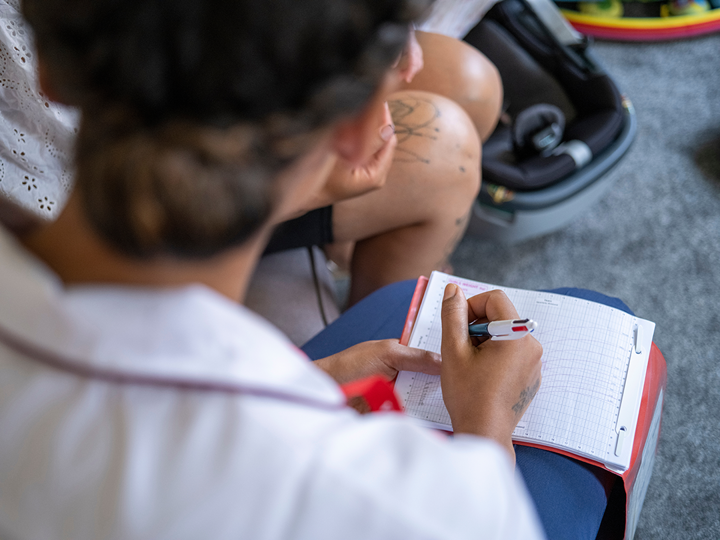Duane's retraction syndrome
Duane's retraction syndrome is when the eye cannot fully move side to side. The affected eye can appear smaller as it moves towards the nose and then larger when the eye moves outwards. It's more common in girls more than boys. It's also more common in the left eye than the right eye. It will not affect your child's vision.
Parents often notice when one eye does not move outwards properly. You may also notice that your child turns their head to look at books or the TV. This is because your child is trying to adjust to the lack of eye movement in one direction.
Causes of duane's retraction syndrome
Duane's retraction syndrome can be caused by a muscle or nerve in the eye. The muscle affected is called the lateral rectus muscle. This muscle make your eyes move out to the side. To make the eyes move, the muscles need to receive a message from the nerve in the brain.
It is difficult to find out the exact cause of a child's Duane's retraction syndrome. It can happen when:
- an eye muscle is not working properly
- eye muscle attached in the wrong place
- nerve is not working properly
This syndrome is usually present at birth but it can develop from an injury to the face or facial surgery.
Treatment of duane's retraction syndrome
Typically children will not need any treatment.
Children with duane's retraction syndrome will need regular orthoptic check-ups. This is to make sure that they have good vision in both eyes and that both eyes are working together properly.
If the orthoptist finds a reduction in vision in your child's eyes, they will recommend glasses and using eye patches.
If your child turns their head to look at books or TV, we recommend that you tell your child's teacher when they start school. This can help them to change anything in the classroom to your child's needs.
Last reviewed: 1 November, 2024

